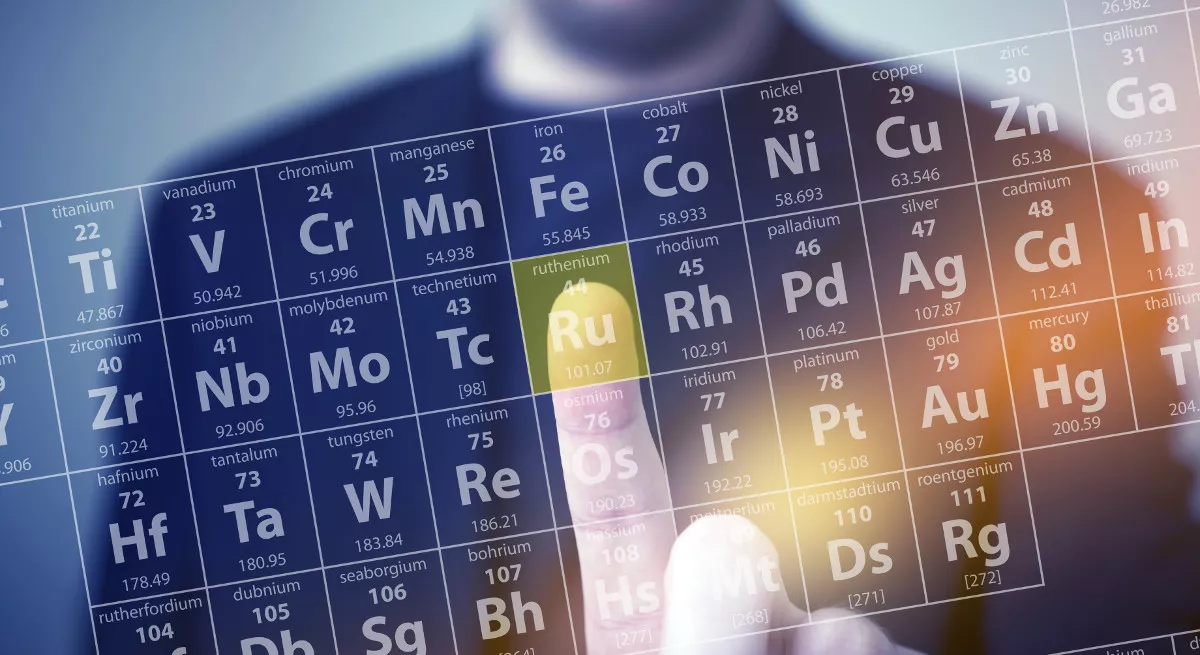
An organic compound or molecule is a chemical compound that contains a carbon atom attached to hydrogen atoms with covalent bonds. The general formula of an organic compound includes the carbon-hydrogen bond, or ( C-H). Some common examples of organic compounds are starch, cellulose, oil, sugar, carbohydrates, proteins, lipids, nucleic acids, hormones, and DNA.
Organic compounds are an important topic in chemistry, and they are studied in different fields, including biology, medicine, and material science.
Sources of Organic Compounds
Fossil fuels are formed over a long period, from the decay of plants and animals. These include petroleum, coal, and natural gas, which are the main sources of organic compounds.
Coal
“Coal is a mineral deposit containing combustible substances and is a solid fossil fuel”.
Formation of Coal
It is believed that the coal in nature was formed from the remains of the trees buried inside the Earth’s crust some 500 million years ago. Due to the bacteria and chemical reactions on wood, it was converted into peat. Then, as a result of high temperature and high pressure inside the Earth’s crust, peat got transformed into coal.
Uses of Coal
Coal is an important solid fuel and becomes a source of organic compounds when subjected to carbonization or destructive distillation. The total coal resources of Pakistan are estimated by the Geological Survey of Pakistan to be 184 billion tonnes. The following are some uses of coal:
- About 80% of coal is used to bake bricks in lime kilns.
- Some quantity is used for domestic purposes.
Development of Coal in Pakistan
Conscious efforts are being made by the government to induct coal into industry by setting up coal-based power units. The Sind Coal Authority and the directorates of Mineral Development of the Punjab, Baluchistan, and KPK are all keen to expand coal utilization in power generation, for which many incentives have been made available.
Natural Gas
“A gaseous mixture of low-boiling hydrocarbons, which is mainly composed of methane, is called natural gas”.
Composition
- The major portion of the methane in the natural gas is methane ( 80-85%).
- Others are methane ( 8-10%), propane, and butane.
- A small amount of CO2, N2, H2S, and He is also present in natural gas.
Formation
It is also formed by the decomposition of organic matter.
Use of Natural Gas
Natural gas is an important means of energy, especially for countries like Pakistan, which are deficient in the production of mineral oil and coal. It is used:
- For power generation
- In the cement industry are fertilizer industries.
- As a fuel in general industries.
Petroleum
“Mineral oil in its refined form is called petroleum”.
Formation of Petroleum
It is thought to have been formed by the slow chemical and biochemical decomposition of the remains of organic matter found between sedimentary rocks. When extracted from rocks, it appears like a blackish liquid known as crude oil. It is refined to get different petroleum fractions.
The crude petroleum is separated by fractional distillation into a number of fractions, each corresponding to a particular boiling range.
Oil Refineries in Pakistan
Oil Refinery Location Oil refining capacity
- Attock oil refinery Morgah near Rawalpindi 1.25 million tonnes
- National Refinery Ltd Karachi 2.13 million tonnes
- Pakistan Refinery Ltd Karachi 2.13 million tonnes
- Pak-Arab Refinery Mahmud Bot near Multan 4.50 million tonnes
Conclusion
Organic compounds form the backbone of modern chemistry, influencing fields from medicine to materials science. Their diverse structures and reactivity offer endless possibilities for innovation.
Continued research in organic chemistry drives progress in health, energy, and technology.
Thus, organic compounds remain crucial to both scientific advancement and everyday life.


